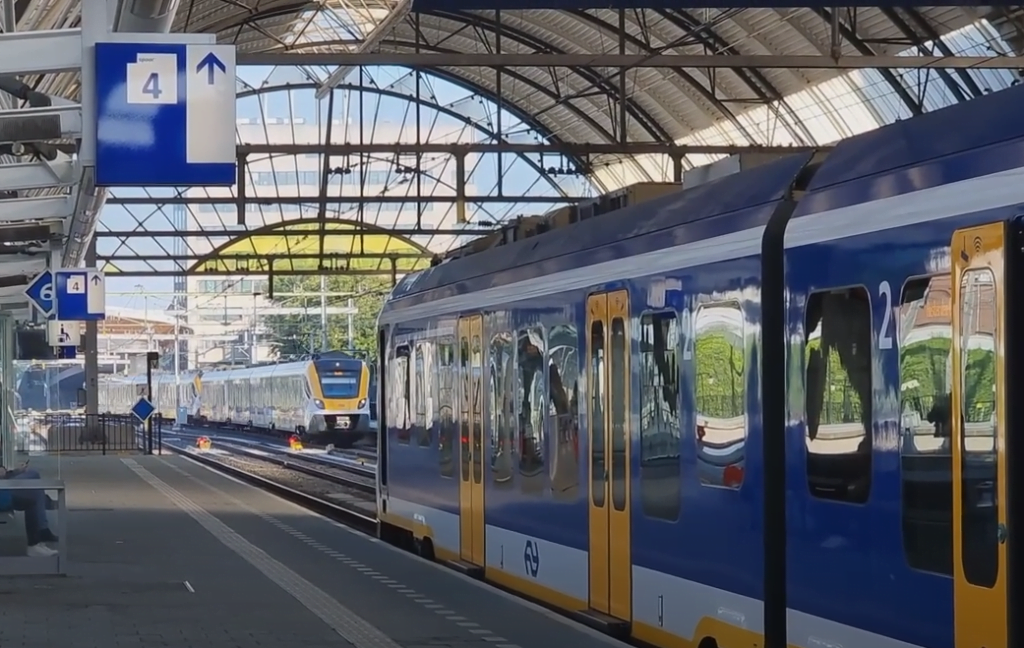Progress on track: a week of positive changes in Dutch mobility.
In a week marked by major announcements and policy changes, we have reason to be optimistic about the future of mobility in the Netherlands. From controversial decisions about rail works to innovative policy plans and strategic acquisitions, the week brought something for everyone.
Prorail announced that it would from now on carry out more track work during the week, a decision prompted by staff shortages and financial constraints. Although there is some understanding about this change, traveler organizations such as Rover complain about long waiting times for replacement bus services.
Traveler organization Rover demands better alternative transport and states that a shortage of buses cannot be an excuse. Coach companies in turn argue for better rates.
Freek Bos, the director of Rover, is clear: a shortage of buses cannot serve as an excuse traveler inconvenience. According to Martijn Walraven, better pricing for these buses could improve the situation. He calls on the NS to arrange this itself, so that contracted companies do not get stuck due to low registrations.

Traveler organization Rover and coach companies have identified a sore spot: the need for more efficient replacement transport and fairer price agreements. With better coordination and rates that are workable for both NS and coach companies, a much smoother transition process can be achieved.
In the political field, the VVD came up with a draft election program in which mobility is central. Among other things, the party wants to use data to optimize traffic flows and reduce traffic jams. They are also in favor of innovations such as self-driving cars and self-driving taxis and accelerating the rollout of charging stations. However, there are some snags to the plan. While the party wants to encourage electric driving, it also advocates lower excise taxes on cars, which can potentially encourage the use of fossil fuels.
In air traffic we see interesting movements around Schiphol. The government has indicated that it wants to reduce the airport, but the American budget airline JetBlue is nevertheless making it entry into the Netherlands. This week they will start flights from New York and soon Boston. The VVD supports these reform plans and even goes a step further by calling for a night closure of Schiphol, a sign that there is political will to limit airport nuisance.
After a lengthy search, the bankrupt Amsterdam bicycle brand VanMoof has found a new owner in the British e-step brand Lavoie, a subsidiary of McLaren Applied. This acquisition could have significant implications for the domestic electric vehicle market and potential innovations in the future.
Finally, the Ministry of Infrastructure and Water Management is working on an amendment to the 1990 Traffic Rules and Traffic Signs Regulations, which will enable municipalities to zero emission zones for taxis. This has far-reaching consequences for taxi operators who are forced to invest in vehicles that meet the zero-emission criteria or who have to apply for an exemption. The public has until September 15, 2023 to comment on these proposed changes.



